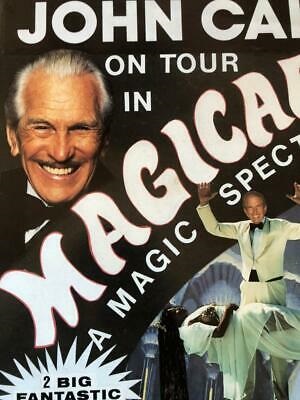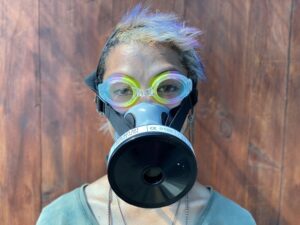For those pinning their hopes on a COVID-19 vaccine to return life to normal, an Australian expert in vaccine development has a reality check — it probably won’t happen soon. The reality is that this particular coronavirus is posing challenges that scientists haven’t dealt with before, according to Ian Frazer from the University of Queensland. Professor Frazer was involved in the successful development of the vaccine for the human papilloma virus which causes cervical cancer — a vaccine which took years of work to develop. He said the challenge is that coronaviruses have historically been hard to make safe vaccines for, partly because the virus infects the upper respiratory tract, which our immune system isn’t great at protecting. And while we have vaccines for seasonal influenza, HPV and other diseases, creating a new vaccine isn’t as simple as taking an existing one and swapping the viruses, said Larisa Labzin, an immunologist from the University of Queensland. “For each virus or different bacterium that causes a disease, we need a different vaccine because the immune response that’s mounted is different,” Dr Labzin told ABC Science.
There are several reasons why our upper respiratory tract is a hard area to target a vaccine. “It’s a separate immune system, if you like, which isn’t easily accessible by vaccine technology,” Professor Frazer told the Health Report. Despite your upper respiratory tract feeling very much like it’s inside your body, it’s effectively considered an external surface for the purposes of immunisation. “It’s a bit like trying to get a vaccine to kill a virus on the surface of your skin.” Your skin, and the outer layer of cells in your upper respiratory tract act as a barrier to viruses, stopping them getting into the body. And finding a way to neutralise the virus “outside” of the body is very difficult. This is partly because only the outer layer of cells (the epthelial cells) get infected, which, compared to a severe infection of internal organs doesn’t produce the same immune response, so is harder to target. It’s hard to produce a successful vaccine if the virus isn’t activating a strong immune response.
“One of the problems with corona vaccines in the past has been that when the immune response does cross over to where the virus-infected cells are it actually increases the pathology rather than reducing it,” Professor Frazer said.
“So that immunisation with SARS corona vaccine caused, in animals, inflammation in the lungs which wouldn’t otherwise have been there if the vaccine hadn’t been given.”
Antibodies are proteins that are released by the immune system to neutralise a threat, like a virus. We’ve so far found with coronavirus that those infected have had different antibody responses, some weak, some strong. “I think it would be fair to say that the natural immunity that you get after infection from this coronavirus is probably going to turn out like the coronaviruses we’ve seen in the past.
At the moment, teams around the world are deploying different technologies in vaccine development, from killing the virus and using it in the vaccine like we do with influenza, to using messenger RNA to prompt the infected cells to produce antibodies. But the reality of vaccine development is that many fail before a successful one is developed.

This sort of vaccine was tested with SARS in 2003 and resulted in reinfected lab monkeys having a nasty immune response, which is why many groups working on a vaccine for Sars-CoV-2 are going for a very specific antibody response. Professor Frazer said the narrow, targeted approach is fine, unless you pick the wrong specific antigen — the substance that stimulates an immune response which antibodies bind to — in which case you could end up with the same problem. We don’t yet have vaccines against any coronaviruses in humans, in part due to the challenges of developing vaccines for viruses that infect the upper respiratory tract. There are a lot of vaccine experiments going on around the world at the moment trying to change that though, including some in human trials. Trials in humans will have to be fairly extensive before we would think about vaccinating a group of people who have not yet been exposed to the virus. Nick Bit: In this fast track hysteria their will be no No NO extensive human trails. Its slam bam ram it through and hide the disaster in the making!
“They might hope to get protection but certainly wouldn’t be keen to accept a possibility of really serious side effects if they actually caught the virus.”


